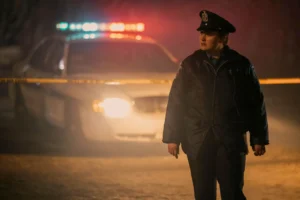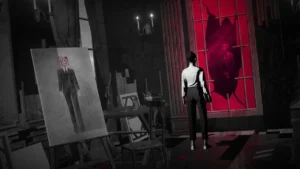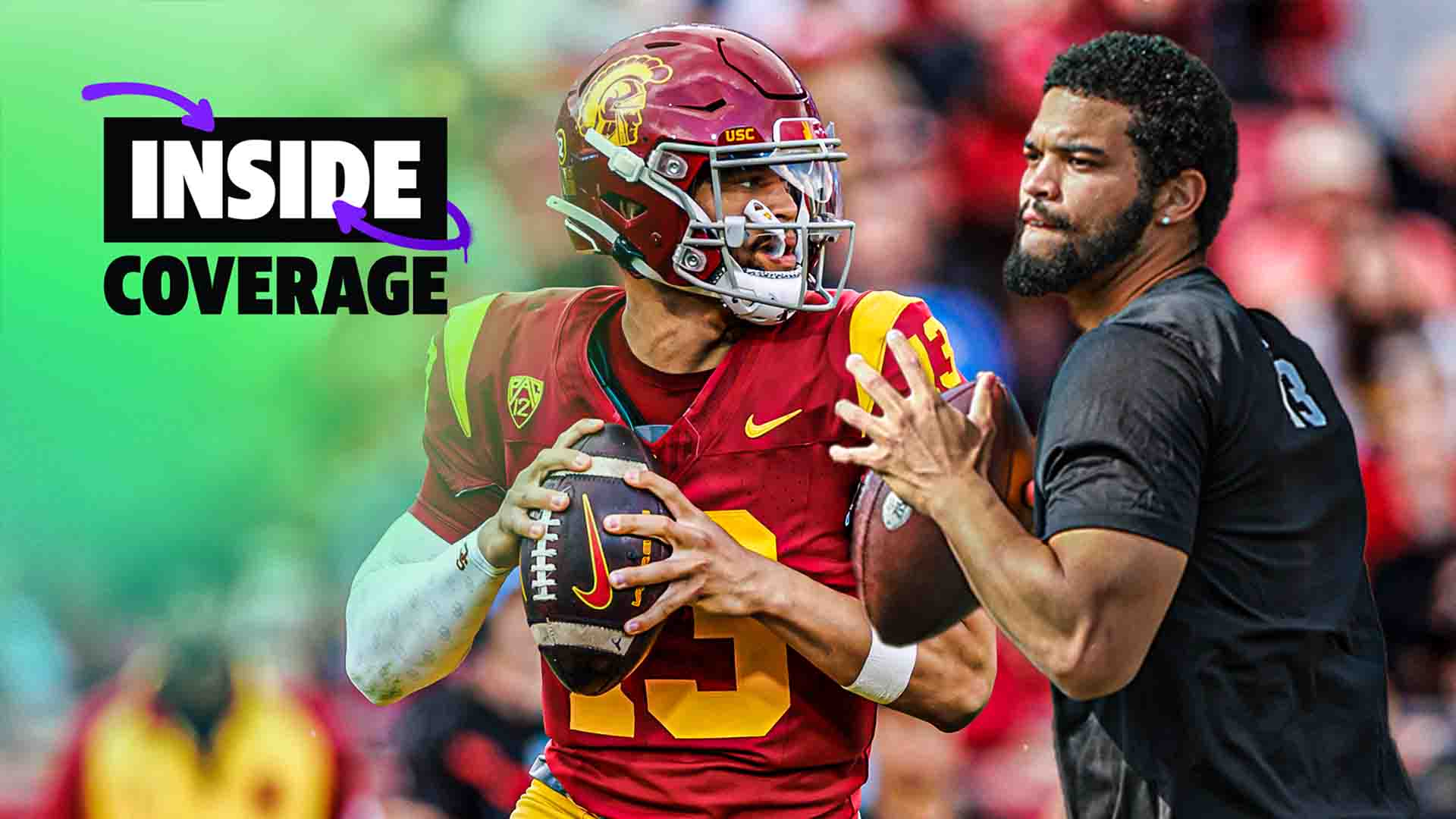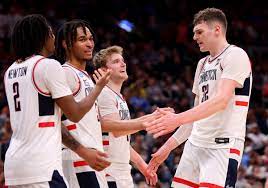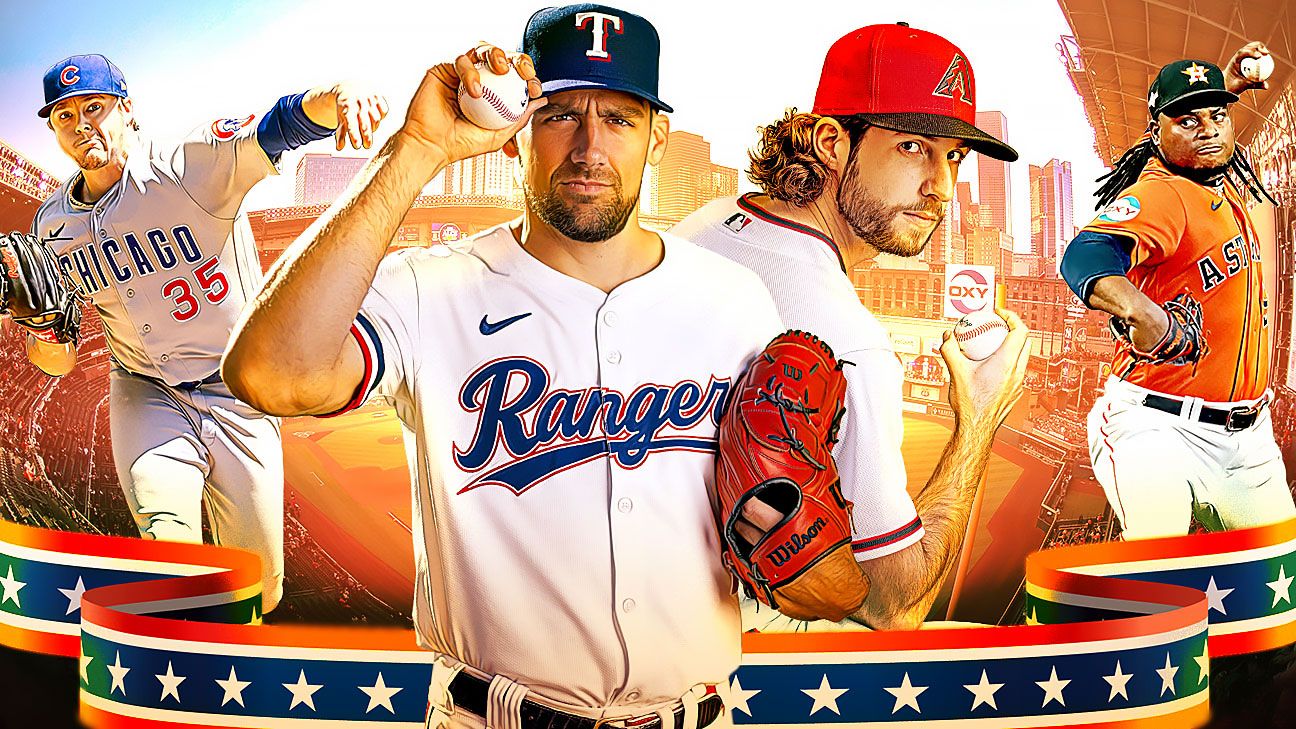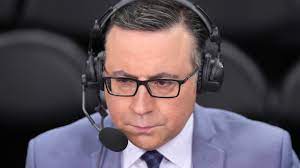The NFL banned the hip-drop tackle via a unanimous vote of team owners Monday in a controversial decision that the league contends will improve player safety.
The rule change immediately prompted impassioned responses from players past and present.
Detractors of the decision argue that the rule will fundamentally change how the game is played for the worse, and further skews the rules in favor of offenses as the league protects its most marketable players.
The NFLPA decried the proposal via a statement last week ahead of the vote, arguing that the change “causes confusion for us as players, for coaches, for officials and especially, for fans.”
The NFL’s competition committee executive vice president Jeff Miller argued in favor of the ban in October, declaring that hip drop tackles result “in about a 25 times rate of injury as a typical tackle.” That argument ultimately won out as owners officially voted to ban the technique at league meetings in Orlando on Monday.
J.J. Watt leads critical player response
Players weighed in after Monday’s vote, with many of them joining the NFLPA’s critical stance. Retired three-time defensive player of the year J.J. Watt was among them. He likened the ban to flag football on social media.
Kenyan Drake — injured in ’21 — among rule’s supporters
While the player response was largely critical of the decision, it wasn’t unanimous. A pair of offensive players, including running back Kenyan Drake, were among the supporters of the rule. Drake suffered a fractured ankle on a tackle in 2021 and called for a change to tackling rules then. He came out in support of the rule change on Monday.
Retired Pro Bowl tackle Kyle Long also supported the change and the league’s effort “to minimize the potential for serious injury.”
Former New England Patriots receiver Julian Edelman took a both-sides approach.
But the majority of the player response on social media was not in favor of the change, with the most vocal detractors including high-profile defenders past and present.
Like it or not, there’s no changing the new rule now. At least not for the upcoming season. If implemented as planned, the rule intends to reduce the risk of injury in a violent game. It also projects to change the way the game is played and watched on Sundays.
Get ready for more hotly debated penalty flags as the league, its players and officials adjust to the sea change.



